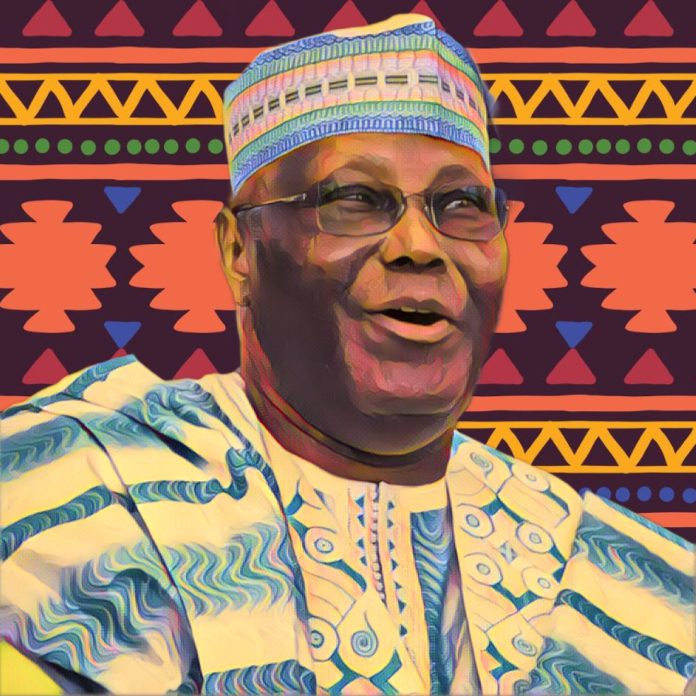Former Presidential candidate of the Peoples Democratic Party (PDP), Atiku Abubakar, has raised concerns over national security following the withdrawal of Mali, Burkina Faso, and Niger from the Economic Community of West African States (ECOWAS). The Sahel countries’ military regimes announced their exit from the regional bloc on Sunday, citing disagreements over sanctions imposed by ECOWAS.
Atiku, in a statement released on X, labeled the development a “serious diplomatic meltdown.” He stressed the importance of bolstering Nigeria’s security efforts, particularly in combating terrorism, banditry, and kidnapping. This concern is heightened by Nigeria’s northern border with Niger, one of the exiting countries.
The presidency, however, clarified on Sunday that Mali, Niger, and Burkina Faso are technically not ECOWAS members due to their suspension. This suspension was a result of their military coups that ousted legally elected governments. A Presidency source, speaking to Vanguard anonymously, downplayed the withdrawal, stating that these countries were already serving suspensions and were, in effect, not active ECOWAS members.
The source added, “The true reaction to this development will emerge from the ECOWAS Secretariat and Nigeria’s Minister of Foreign Affairs.” They referenced a recent instance where an ECOWAS ministerial committee was unable to visit Niger due to flight issues, indicating ongoing regional diplomatic efforts.
This withdrawal of the three countries from ECOWAS raises concerns about regional stability and the potential impact on Nigeria’s security landscape. Atiku’s call for increased security measures reflects a broader apprehension about the implications of these withdrawals on regional counter-terrorism efforts and diplomatic relations.
As the situation evolves, responses from the ECOWAS Secretariat and the Nigerian Ministry of Foreign Affairs are awaited for further clarity and direction. The focus now shifts to how this development will influence Nigeria’s security strategy and diplomatic engagements in the region.



